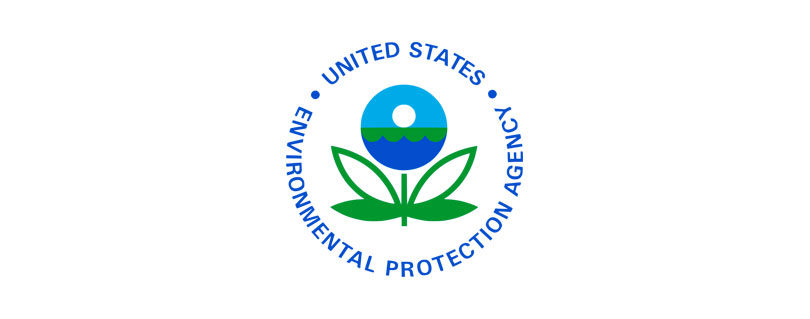EPA awards $75,000 to Queens University of Charlotte student team for innovative solutions to environmental public health challenges
Publilshed by the U.S. Environmental Protection Agency (EPA)
CHARLOTTE, N.C. (March 14, 2024) – Today, the U.S. Environmental Protection Agency (EPA) awarded $75,000 in funding to Queens University of Charlotte student team to research and develop innovative solutions that address environmental and public health challenges as part of the Agency’s People, Prosperity, and the Planet (P3) Program. EPA awarded nearly 1.2 million total to Student Teams for Innovative Solutions to Environmental and Public Health Challenges across the United States.
“EPA is pleased to mark the 20th anniversary of our P3 program by announcing this impressive round of projects that are tackling critical issues such as removing PFAS from water, combating harmful algal blooms, and materials recovery and reuse,” said Chris Frey, Assistant Administrator for EPA’s Office of Research and Development. “I commend these hardworking and creative students and look forward to seeing the results of their innovative projects that are addressing some of our thorniest sustainability and environmental challenges.”
“Congratulations to this year’s student teams. This unique program recognizes the power of students to translate imagination and science into new solutions that protect human health and the environment in the Southeast and beyond,” said Acting EPA Region 4 Administrator, Jeaneanne Gettle.
Queens University of Charlotte will receive $75,000 to fund a two-year project. Students will propose innovative and sustainable ideas and concepts and carry them through the research, design and demonstration stages. During the second year of the award, student teams will have the opportunity to showcase their designs at EPA’s National Student Design Expo.
The project is called “Biodiesel Production from Ethanol and Glycerol: A Living Laboratory for STEM Students.” This P3 project will design and construct a biodiesel reactor to convert used cooking oil to biodiesel used for on-campus equipment. To avoid reliance on methanol for transesterification reaction that is commonly used in conventional small-scale reactors, the plan uses a potassium glyceroxide catalyst to produce biodiesel ethyl esters. The results will increase use of renewable biodiesel on-campus and reduce waste of used cooking oil.
EPA’s P3 program features a unique competition that offers teams of college students hands-on experience to turn their creative design and engineering ideas into reality, while also helping solve real-world environmental challenges.
Learn more about this year’s recipients.
Learn more about EPA’s P3 Program.
Learn more about EPA’s National Student Design Expo Experience.
Read the full article at: https://www.epa.gov/newsreleases/epa-awards-75000-queens-university-charlotte-student-team-innovative-solutions


